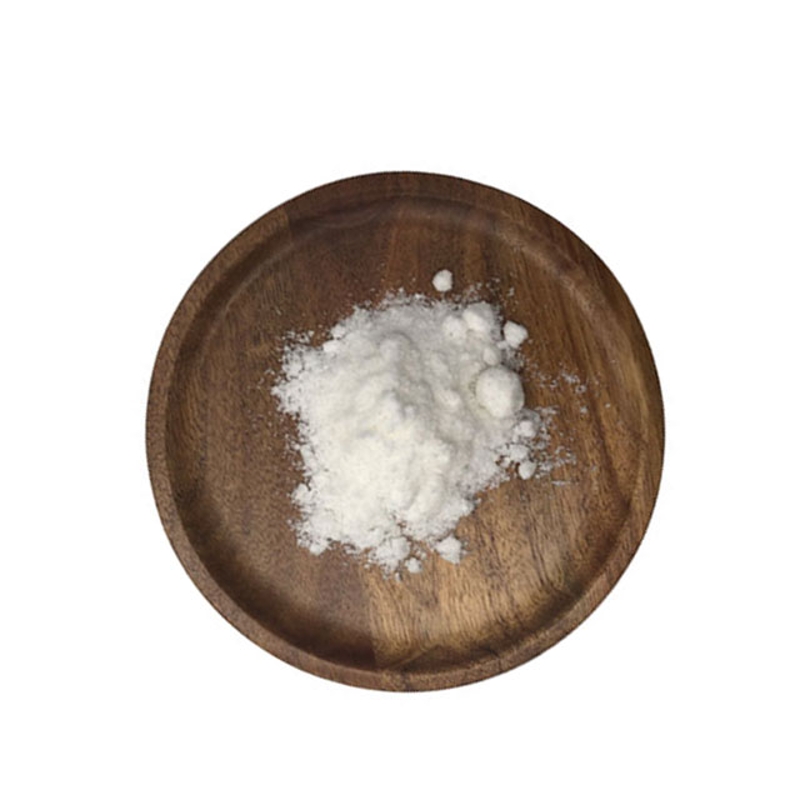-
Categories
-
Pharmaceutical Intermediates
-
Active Pharmaceutical Ingredients
-
Food Additives
- Industrial Coatings
- Agrochemicals
- Dyes and Pigments
- Surfactant
- Flavors and Fragrances
- Chemical Reagents
- Catalyst and Auxiliary
- Natural Products
- Inorganic Chemistry
-
Organic Chemistry
-
Biochemical Engineering
- Analytical Chemistry
- Cosmetic Ingredient
-
Pharmaceutical Intermediates
Promotion
ECHEMI Mall
Wholesale
Weekly Price
Exhibition
News
-
Trade Service
In Alzheimer's disease (AD), the underlying cerebral amyloid β (Aβ) and tau disease and the subsequent neurodegeneration can be reliably detected and monitored with cerebrospinal fluid (CSF) and imaging biomarkers
.
The concentration of Aβ42 (alone or in the ratio of Aβ40) and phosphorylated tau (p-tau) in CSF reflects AD-related Aβ and tau metabolic changes in the brain
Biomarkers of neurodegeneration (due to AD or other reasons) include fluorodeoxyglucose (FDG) PET, magnetic resonance imaging (MRI), and CSF neurofilament protein (NfL)
.
CSF and imaging biomarkers have been included in the ATN (amyloid, tau, neurodegeneration) classification system, which is the research framework proposed by the National Institute of Aging for the diagnosis of AD
Diagnostic immunity
Aβ42/Aβ40 in the blood is related to CSF Aβ42/Aβ40 and Aβ-PET, which can relatively accurately identify people with abnormal brain Aβ burden or those at high risk of converting to Aβ-PET positive in the future
.
When measured in plasma, tau phosphorylated at threonine 217 and 181 (p-tau217 and p-tau181) can accurately detect amyloid and tau pathology assessed by PET, and distinguish AD from non-AD neurodegenerative diseases.
Plasma biomarkers have the potential to greatly accelerate the development of effective disease-modifying therapies for AD because it helps to identify people in the early stages of the disease (that is, subjects with preclinical or pro-AD AD), when the treatment is most likely to be successful
.
Although plasma AD biomarkers show relatively fair accuracy in detecting Aβ pathology, it remains to be determined whether a blood test combining these biomarkers can provide better performance
But whether blood tests that combine these biomarkers together will provide better performance remains to be determined
In this way, Shorena Janelidze and others of Lund University in Sweden measured plasma Aβ42/Aβ40 and plasma p in two independent cognitive impairment (CU) participants (n = 591) and MCI patients (n = 304) cohorts.
-tau217 and plasma NfL
They found that in CU, the combination of plasma Aβ42/Aβ40 and p-tau217 can detect abnormal brain Aβ states, with an area under the curve (AUC) of 0.
83 to 0.
86
The important significance of this study is that it was found that the combination of plasma Aβ42/Aβ40 and p-tau217 can distinguish Aβ status with relatively high accuracy, and p-tau217 showed the strongest association with Aβ pathology in MCI.
Not in CU
.
.
It was found that the combination of plasma Aβ42/Aβ40 and p-tau217 can distinguish Aβ status with relatively high accuracy, and p-tau217 showed the strongest association with Aβ pathology in MCI, but not in CU
.
Original source:
Janelidze S, Palmqvist S, Leuzy A, Stomrud E, Verberk IMW, Zetterberg H, Ashton NJ, Pesini P, Sarasa L, Allué JA, Teunissen CE, Dage JL, Blennow K, Mattsson-Carlgren N, Hansson O.
Detecting amyloid positivity in early Alzheimer's disease using combinations of plasma Aβ42/Aβ40 and p-tau.
Alzheimers Dement.
2021 Jun 20.
doi: 10.
1002/alz.
12395.
Epub ahead of print.
PMID: 34151519.







